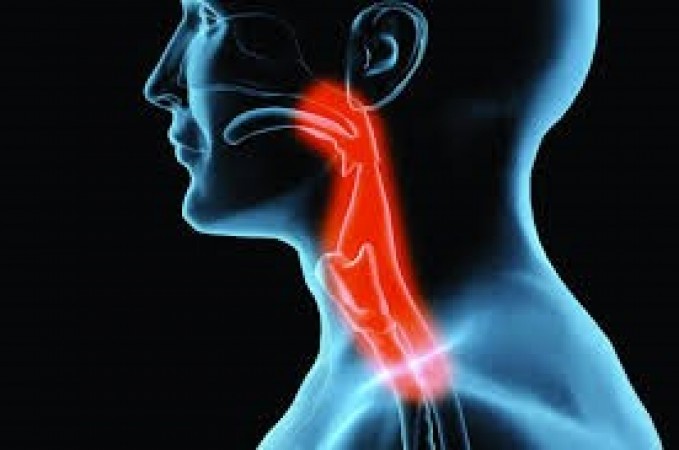
Esophageal cancer is a serious and potentially life-threatening disease that requires careful consideration and understanding. In this article, we will delve into the various aspects of esophageal cancer to provide you with a comprehensive overview.
Esophageal cancer is a malignancy that affects the esophagus, the muscular tube that connects the throat to the stomach. It often begins in the cells lining the inside of the esophagus and can develop into a life-threatening condition if not detected and treated early.
There are two main types of esophageal cancer, each with its own characteristics and risk factors:
This type of cancer typically starts in the flat, thin cells that line the esophagus. It is often linked to lifestyle factors such as smoking and excessive alcohol consumption.
Adenocarcinoma of the esophagus usually begins in the cells of the mucous glands and is often associated with conditions like gastroesophageal reflux disease (GERD) and obesity.
Esophageal cancer is considered serious for several reasons:
Esophageal cancer often goes undetected in its early stages because it may not cause noticeable symptoms until it has reached an advanced stage. This late diagnosis can limit treatment options and decrease the chances of survival.
Esophageal cancer has a propensity to spread quickly to nearby lymph nodes and other organs, making it challenging to treat effectively.
The treatment options for esophageal cancer depend on the stage at which it is diagnosed. In advanced stages, treatment options may be limited to palliative care aimed at improving quality of life rather than curing the disease.
The overall survival rates for esophageal cancer are relatively low compared to some other types of cancer. However, early detection and advances in treatment have improved outcomes for some patients.
Understanding the risk factors associated with esophageal cancer is crucial:
Smoking and excessive alcohol consumption are significant risk factors for esophageal cancer. Quitting smoking and reducing alcohol intake can lower your risk.
Chronic acid reflux, which can lead to Barrett's esophagus, increases the risk of developing esophageal cancer. Managing acid reflux through lifestyle changes and medication can be preventive.
Being overweight or obese increases the likelihood of developing adenocarcinoma of the esophagus. Maintaining a healthy weight is essential for reducing this risk.
Prevention and early detection are key to managing esophageal cancer:
Regular visits to your healthcare provider can help detect any concerning symptoms or risk factors early.
Making healthy choices, such as quitting smoking, reducing alcohol consumption, and maintaining a balanced diet, can lower your risk.
In some cases, especially if you have risk factors, your doctor may recommend screening tests such as endoscopy to detect esophageal cancer at an earlier, more treatable stage.
Esophageal cancer is indeed a serious disease, but knowledge, awareness, and proactive measures can make a significant difference. Understanding the risk factors, adopting a healthy lifestyle, and seeking regular medical check-ups are essential steps in reducing your risk and potentially improving outcomes if you are diagnosed with this condition.
Celebrities with schizophrenia diagnoses